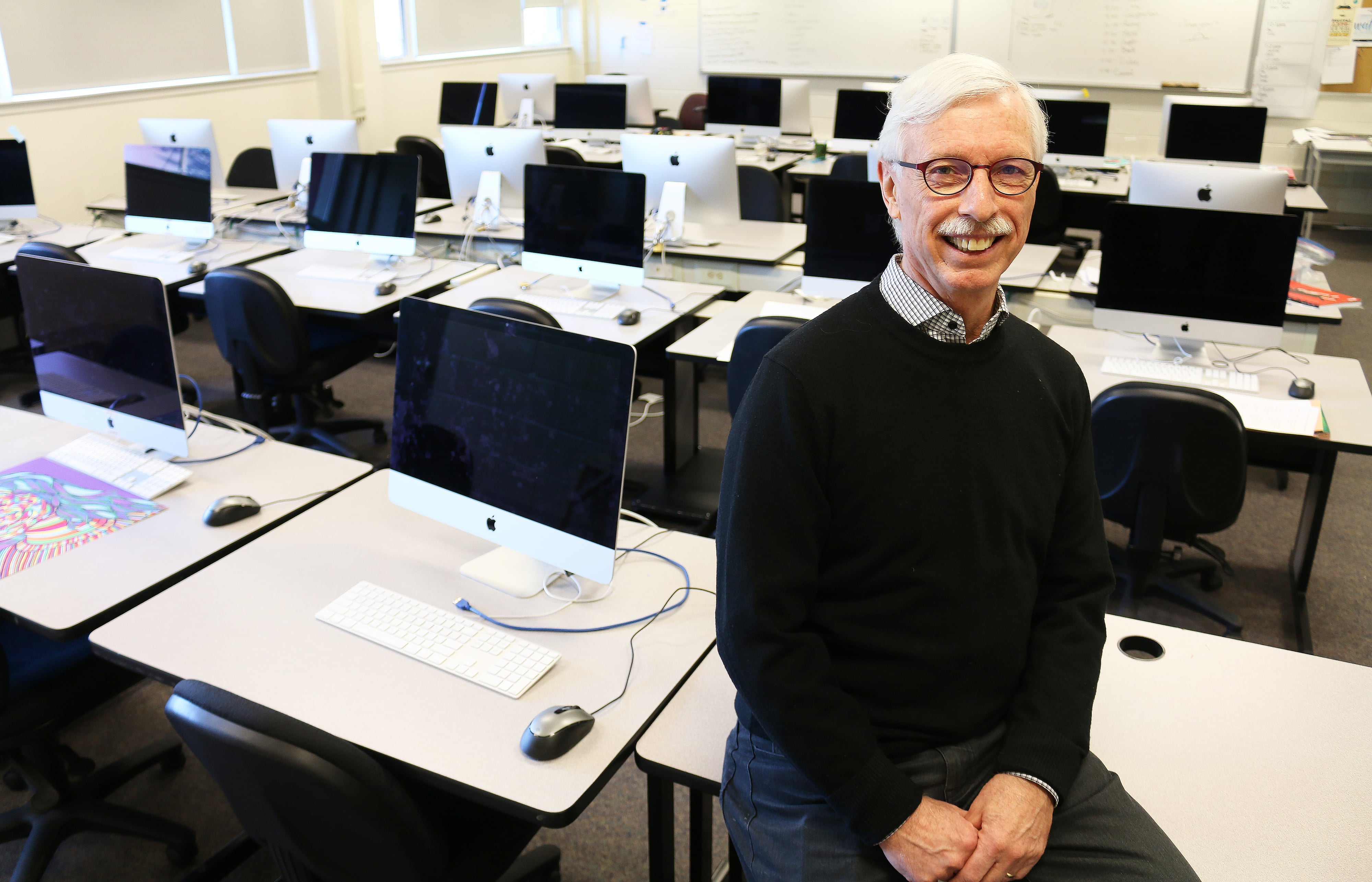Selkirk College Moves Forward with Additional Tech Programming
Efforts to better prepare the West Kootenay and Boundary region for emerging opportunities in the tech sector has received a boost with Selkirk College’s plan to introduce two new programs that will provide learners with the education and skills required for future business and employment needs.
The Provincial Government has allocated $100,000 in start-up funding from the Ministry of Advanced Education, Skills & Training that will enable Selkirk College to further develop and launch both the Web Application Development Program and the Digital Fabrication & Design Program.
“Manufacturing is the fourth largest industry in British Columbia and with new technology, it’s fast changing,” says Neil Coburn, Selkirk College’s Vice President of Education. “Our region currently lags behind in this sector of the economy and much of that has to do with the availability of relevant knowledge and skills. Both of these programs will help provide the right education to ensure we have the people who can fill what are typically high paying jobs or use their entrepreneurial savvy to build their own business.”
Both programs are currently in the planning stages, but the funding from Victoria will enable the college to move forward with the next crucial steps.
“To obtain good-paying, 21st Century jobs, people need access to affordable and relevant education and training opportunities,” says Michelle Mungall, MLA for Nelson-Creston. “Funding two new tech programs at Selkirk College will open the doors to opportunities in the tech sectors for more students in our region.”
The proposed Web Application Development Program is a 10-month certificate program with the first intake expected this coming September. The program will produce graduates with strong coding skills, a solid understanding of business practices, and the skills to communicate clearly and concisely about business technologies. Learners will emerge from the program with the ability to present, implement and maintain emerging web-based technologies in ways that help organizations meet the demands of the ever-changing technical landscape.
“The Columbia Basin Rural Development Institute’s Business Retention & Expansion Report, along with other recent reports, indicate a need for graduates with these skills in our region,” says Coburn. “We already have clear employer-driven outcomes for the program and many of the pieces of the necessary curriculum and activities exist in our communities. This program can start delivering graduates by next summer.”
The Digital Fabrication & Design Program is a proposed two-year program with multiple delivery formats. The program will teach applied technical skills to prepare students for a wide variety of digital fabrication careers. With instruction delivered in modules, students will receive the full spectrum of digital fabrication implementations and opportunities such as digital design, 3D printing, CNC (computer numerical control) machining and emerging technologies like robotics.
“Selkirk College has been an active supporter of the MIDAS fabrication lab in Trail which is a provincial leader in this type of technology,” says Coburn, who started his career at Selkirk College as a mathematics and computer programming instructor. “Some of the brightest and most innovative businesses in the region are working with MIDAS and we are partnering closely with them to further develop this program.”
The start-up funding from the province will allow Selkirk College to further develop the Digital Fabrication & Design Program with a launch expected in September 2019.
“These programs are aimed a wide variety of learners,” says Coburn. “We are looking at duel-credit high school students, recent high school graduates, working professionals with specific professional development needs in emerging technologies and mature learners looking for a career change.”
The funding from the Provincial Government is part of its effort to bolster the tech sector in British Columbia that currently generates approximately $29 billion in revenue and supports more than 106,000 good paying jobs. It is estimated that by 2027, there will be about 83,400 additional tech-related job openings in the province.
“This funding will enable us to train more of our tech talent locally, while helping to support the growth of tech industries in our region,” says Katrine Conroy, MLA for Kootenay West. “Our government’s start-up funding to expand tech programming will allow our regional college to add 40 additional student spaces in two new exciting tech-related programs.”


























